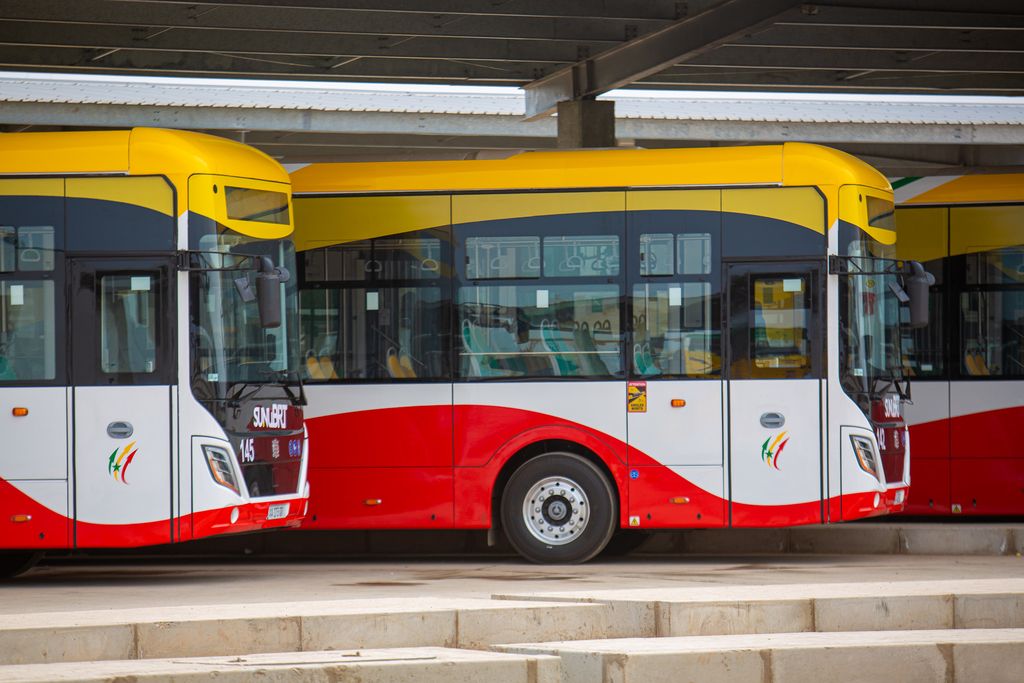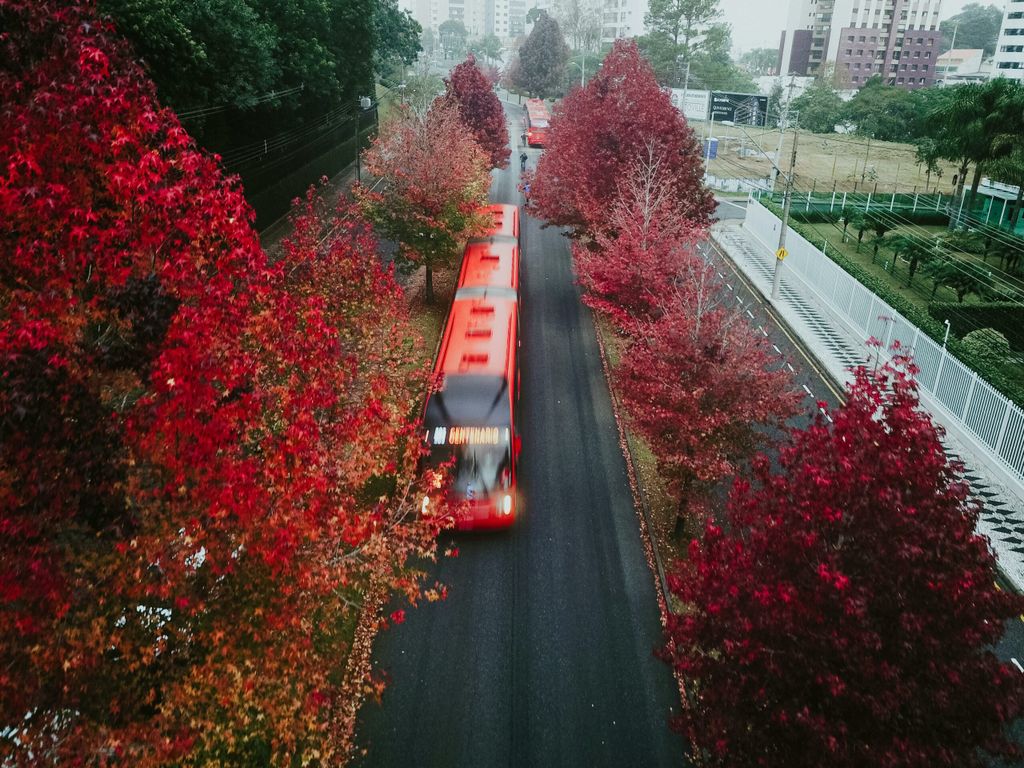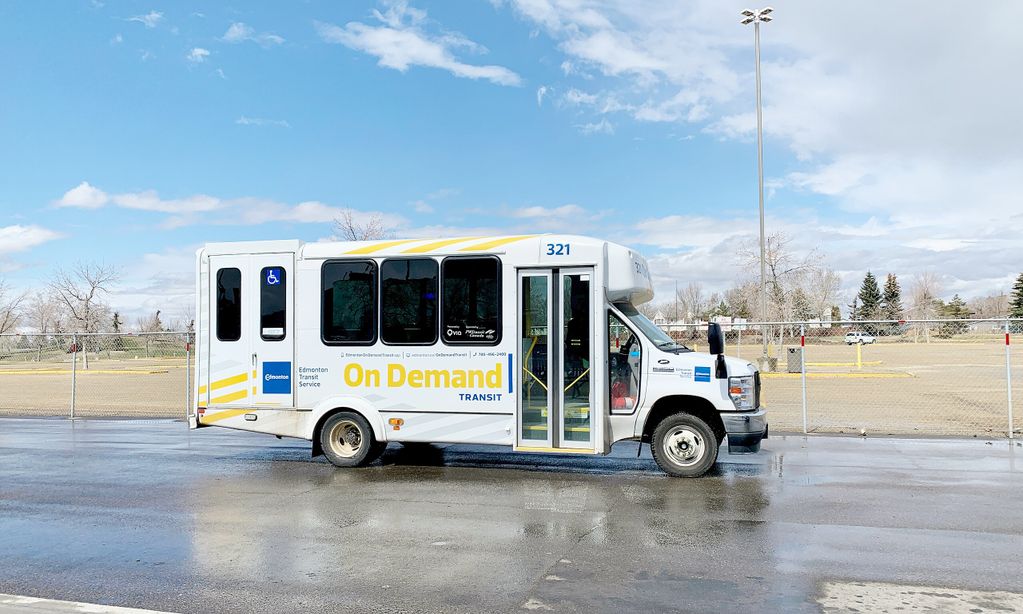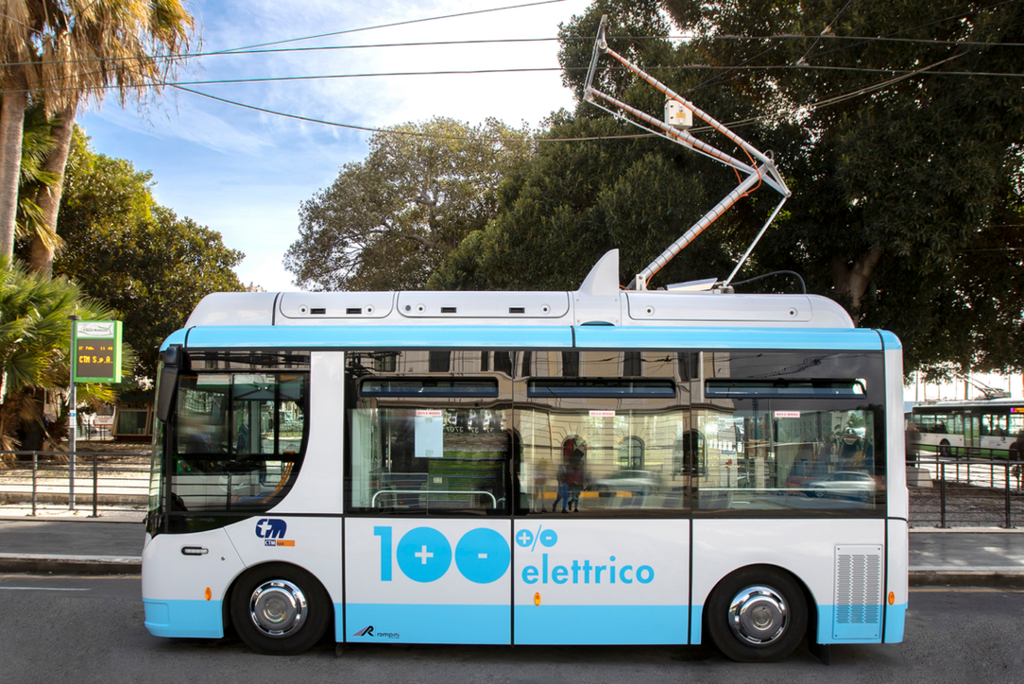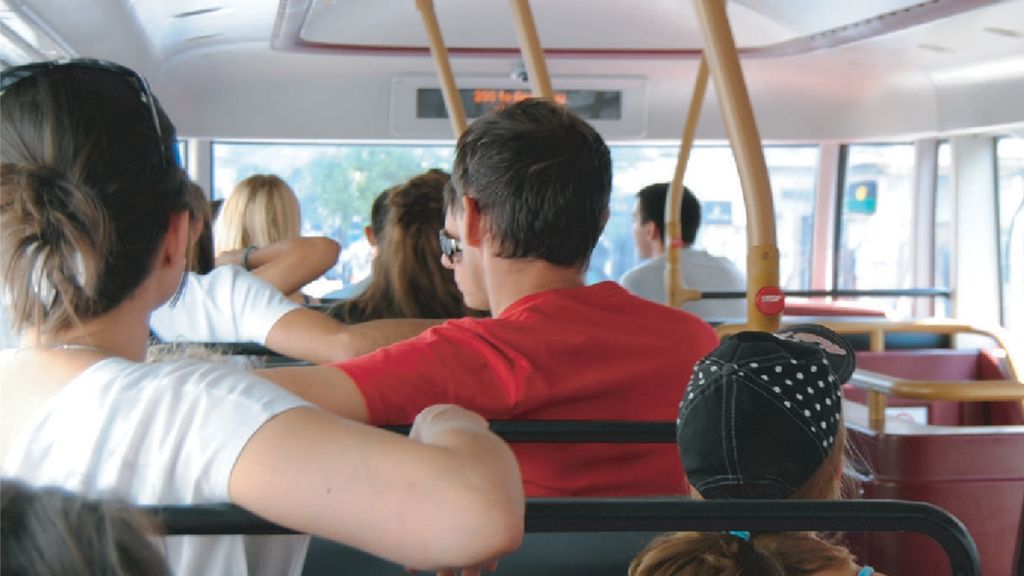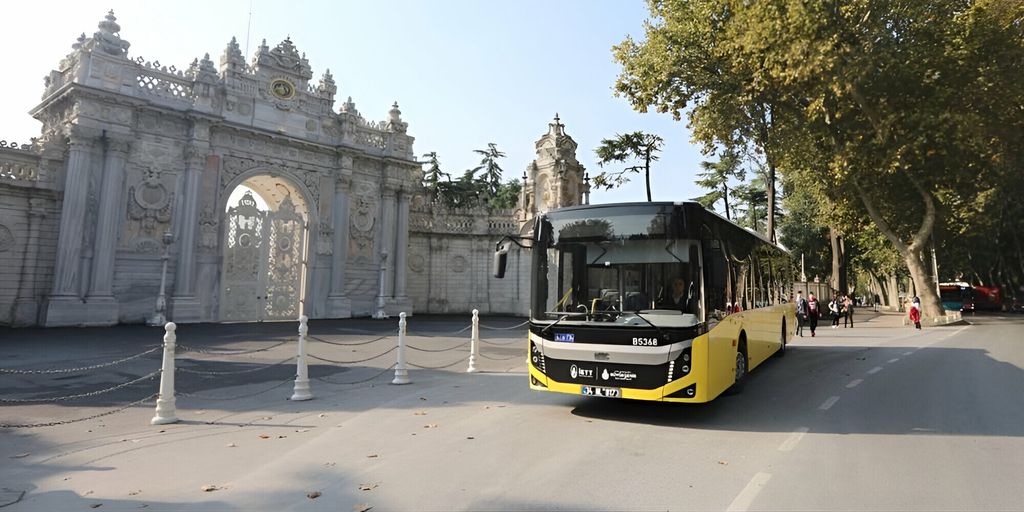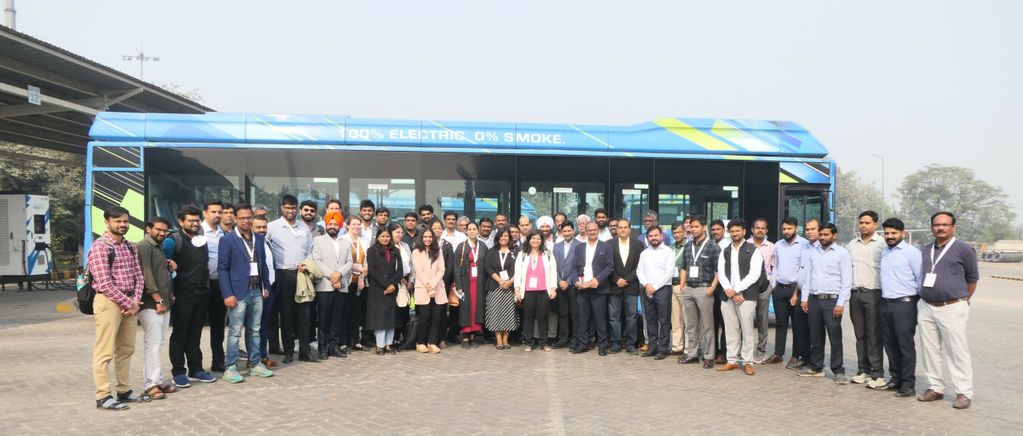
Delve into the advancement of electric buses in India – highlights from the UITP India International Bus Seminar 2024
Experts from the Electric Bus sector across the world meet at UITP India International Bus Seminar 2024
Organised with the support of NITI Aayog, Ministry of Road Transport and Highways (MoRTH) and Association of State Road Transport Undertakings (ASRTU) and in line with the Government of India’s commitment to achieve Net Zero by 2070, the seminar had the theme of ‘Advancing Electric Buses in India’.
The seminar hosted 100+ participants from six different countries and witnessed 23 expert speakers from across the world sharing their insights on the best practices and latest trends in the electric bus sector. The first day of the seminar was dedicated to a high-level plenary session followed by three technical sessions, the second day entailed, a Technical Visit to Rajghat-2 Depot of Delhi Transport Corporation.
A platform to learn from the top experts about India’s strategy for adopting Electric Buses
The seminar commenced with the Welcome Address by Jaspal Singh, Senior Director, Membership and Global Operations, UITP. K.Phanindra Reddy, IAS, ACS, Transport Department, Government of Tamil Nadu set the tone of the seminar with his Introductory Remarks; followed by the Inaugural Remarks by Rakesh Jain, CEO, Delhi Integrated Multi Modal Transit System Ltd. (DIMTS) and Ismael Uruén Pueyo, Economic and Financial Director, Transports Metropolitans de Barcelona (TMB).
The seminar began with a highly engaging Plenary Session ‘Sustainable E-Bus Adoption: FAME, PM-eBus Sewa Scheme, PM E-DRIVE Scheme, Bharat Urban Megabus Mission and beyond’ moderated by Swati Khanna, Senior Sector Specialist, Urban Development and Mobility, KfW; having K. Phanindra Reddy; Ismael Uruen-Pueyo; Rajneesh Rana, Head (Convergence), Convergence Energy Services Limited; Nishant Arya, Vice Chairman and Managing Director, JBM Group; and Gaurav Joshi, Deputy Secretary, Ministry Of Heavy Industries as panellists. This session focussed on the several strong regulatory mechanisms laid out by the Government of India to promote deployment of electric buses in the country and gave an overview of the policies formulated over the years to pave way for sustainable adoption of electric buses in India along with its implications on the electric bus market for foreign and domestic investments.
An overview of the latest trends and best practices of managing Electric Buses
Digitalisation in public transport is important to meet the growing demands and needs of passengers to safely and seamlessly plan, pay, and make journeys. Technical Session I ‘Sustainable Digitalisation for Electric Buses: ITMS, NCMC, Data driven approaches and more’, moderated by Anupama Saha, Assistant General Manager, DIMTS; and having speakers Dr. Manjit Kaur Sooch, Director of Innovation and Technology, AC Transit; Shrinivas Rao Arragunta, Assistant General Manager (TE), Brihanmumbai Electric Supply And Transport Undertaking (BEST); Till Ackermann, Head of the Department, Verband Deutscher Verkehrsunternehmen (VDV); and Anindita Ghosh, Senior Researcher, UITP, delved into how digitisation can be leveraged upon to enhance overall travel experience.
Technical Session II ‘Enhancing electric bus efficiency through sustainable operations and planning’, having Jaspal Singh as the moderator and speaker along with other speakers – Ajay Srivastava, Associate Vice President – Road Transport and Head – Delhi Cluster Buses, DIMTS; Mahak Dawra, Transport Infrastructure Advisor – Electric Mobility, GIZ India; and Bhanu Prasad, Special Officer, Telangana State Road Transport Corporation (TSRTC) discussed the pivotal role played by route planning and scheduling in ensuring sustainable operations of electric buses. The session focussed on the strategies applied in different cities in planning and deployment of electric buses to optimally enhance the efficiency of its service and maintenance.
Technical Session III touched up on the crucial issue of ‘Addressing range anxiety through adequate charging Infrastructure’, having Ferdinand Burgersdijk Chief Executive Officer, FRCV B.V.; Krishna Desai, Technical Advisor, GIZ India; Nikhil Mittal, Staff Consultant – Transport and Logistics, Asian Development Bank (ADB); and Khushboo Shrivastava, Co-founder and Chief Executive Officer, Coulomb AI as speakers, and Hilia Boris Iglesia, Head of Service and Excellence Unit, Knowledge and Innovation, UITP as the moderator. This session highlighted the need for judicious planning and scheduling for charging and opportunity charging, along with setting up of charging infrastructure at strategic locations being the key to optimally utilise the energy used for plying of electric buses. This session also discussed challenges and suggested solutions discussed to overcome range anxiety.
Practical exposure in the form of a Technical Visit
The second day of the seminar was dedicated to giving the participants practical exposure and hands-on experience of the management of electric buses at the depot level. The participants were taken to the Rajghat-2 Electric Bus Depot of Delhi Transport Corporation that houses 71 AC electric buses manufactured by UITP member – JBM Group. The depot is equipped with 15 chargers, resulting into a bus:charger ratio of 5:1 at the depot. It was an enriching experience for the participants to get an overview of the layout and design of the electric bus depot, features of an electric bus and its battery, nitty-gritty of charging infrastructure, safety measures taken at the depot, and the training provided to the drivers to ensure road safety.
Moving ahead with the shared vision of Advancing Electric Buses
The two-day seminar concluded with sharing of knowledge and ideas from international and national experts on the existing scenario and the potential that the electric bus sector has in transforming the mobility landscape in the future. The buzzing networking sessions proved to be fruitful in connecting colleagues across the world, paving way for participants to leave with thought provoking ideas learnt from their national and international counterparts.
UITP India organised the 7th edition of its flagship biennial event on Bus – UITP India International Bus Seminar 2024, at the India Habitat Centre, New Delhi on 21-22 November 2024.
UITP India would be soon conducting a Capacity Building Programme for State Transport Undertakings (STUs) and Public Transport Authorities of India under the project on ‘Advancing Electric Buses in India’ on 6-7 March 2025.
Access the full report
View the report here.













